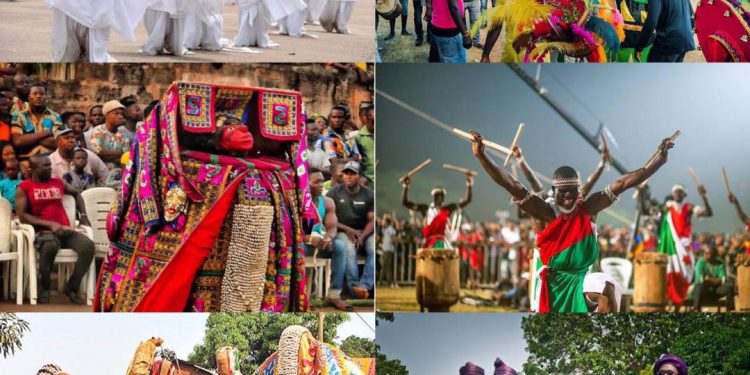Nigeria is a country with diverse cultures, each with its unique traditions and festivals. These festivals are an important aspect of Nigerian culture, celebrating everything from harvests to religious observances.
One such festival is the Eyo Festival held in Lagos state – it’s a cultural display that has been celebrated for centuries where participants dress up in white robes & colorful hats while dancing through streets accompanied by drummers showcasing their local customs passed down over generations. Another popular festival observed across southern parts country include “The Calabar Carnival” held annually every December which showcases cultural diversity within region through parades featuring different costumes associated with various ethnic groups living within area.
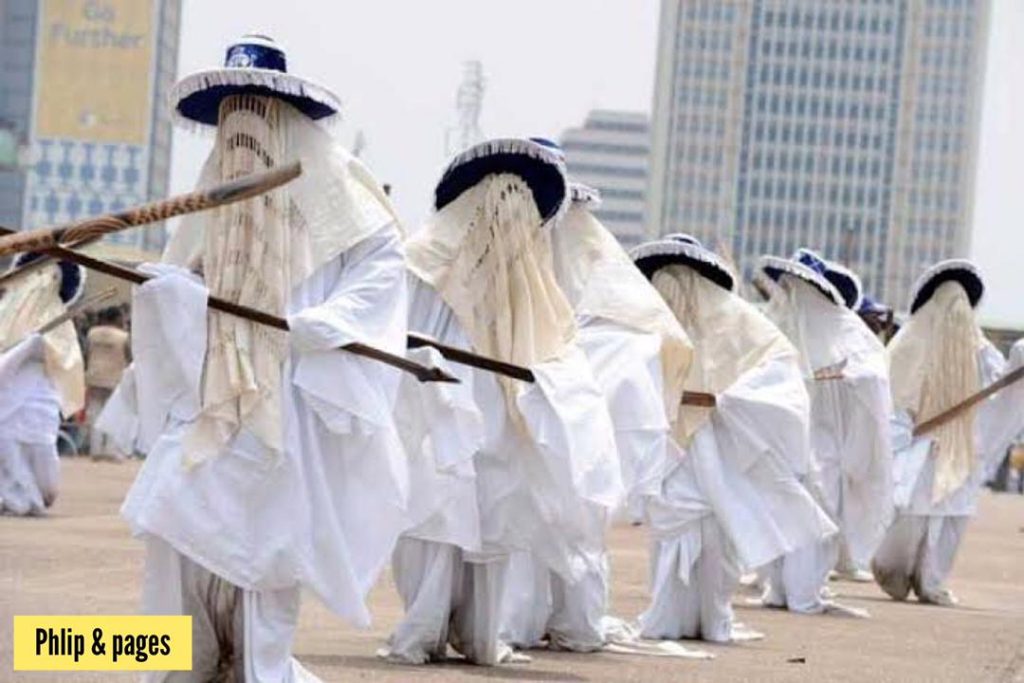
In northern parts of Nigeria; we have “Durbar” -a traditional horse-riding procession typically done during Eid al-Fitr celebrations marking end Ramadan fasting period . This event sees people dressed up in colorful regalia riding horses as they move through towns displaying their equestrian skills to locals who come out en masse watch them perform live.
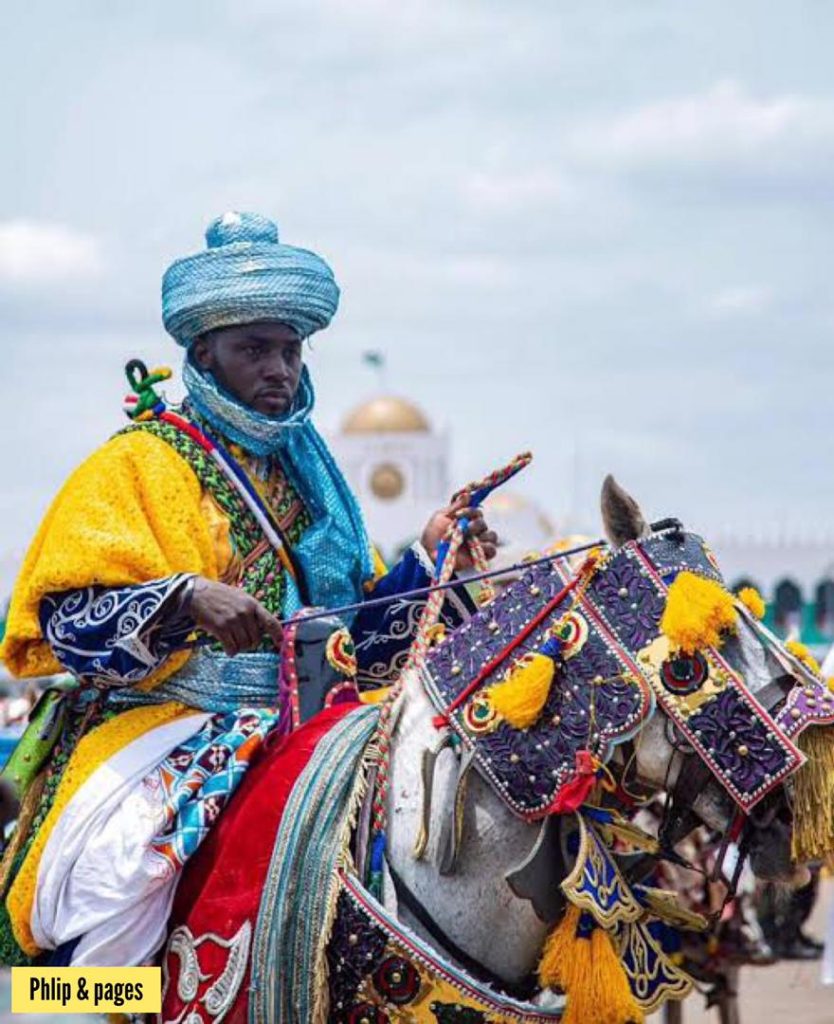
Other notable events include Osun-Osogbo Festival (Osun State) celebrating Yoruba goddess Osun; Argungu Fishing Festival (Kebbi State )where fishermen compete catch biggest fish possible using only handmade nets without any modern equipment or technology; The New Yam Festival(Cross River State) which marks beginning harvesting season for yam farmers all around eastern part West Africa among others .
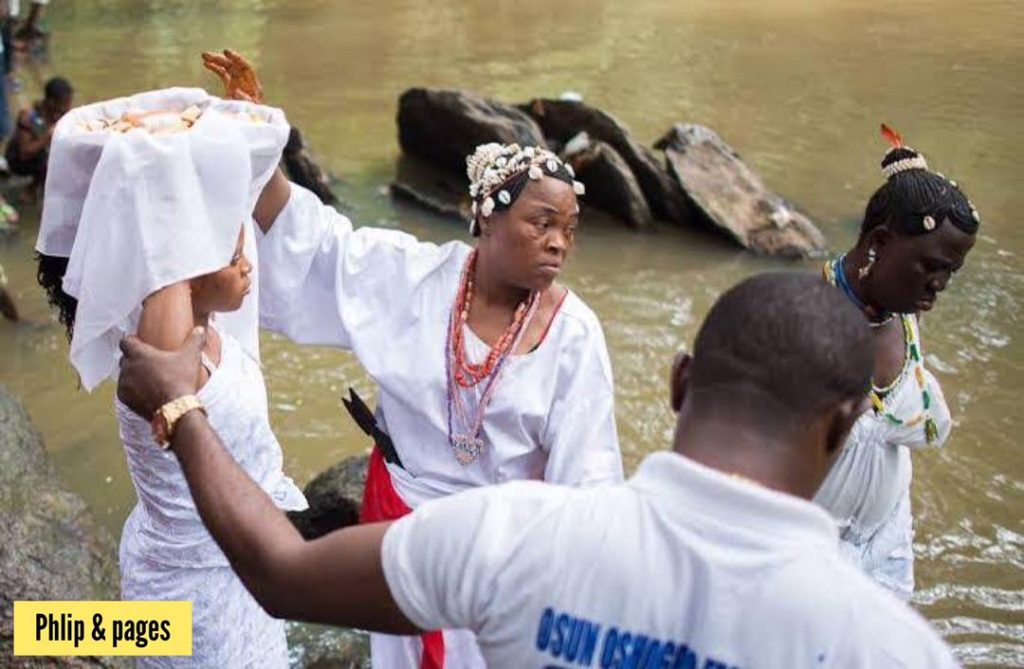
These festivals not only provide opportunities for entertainment but also serve as platforms for promoting unity amongst citizens regardless ethnicity or religion orientation thereby contributing towards building stronger communities rooted shared values expressed through these creative outlets seen throughout multiple regions found within this vast country known as Nigeria .
In addition to fostering unity & social cohesion ,these festivities help promote tourism too ; attracting visitors from other countries looking experience rich African cultures beyond mainstream media narratives often portrayed in western media outlets thereby showcasing Nigeria’s unique traditions and customs while boosting local economies through increased tourist spending while creating jobs for artisans involved in production costumes, music or other creative works associated with these events.
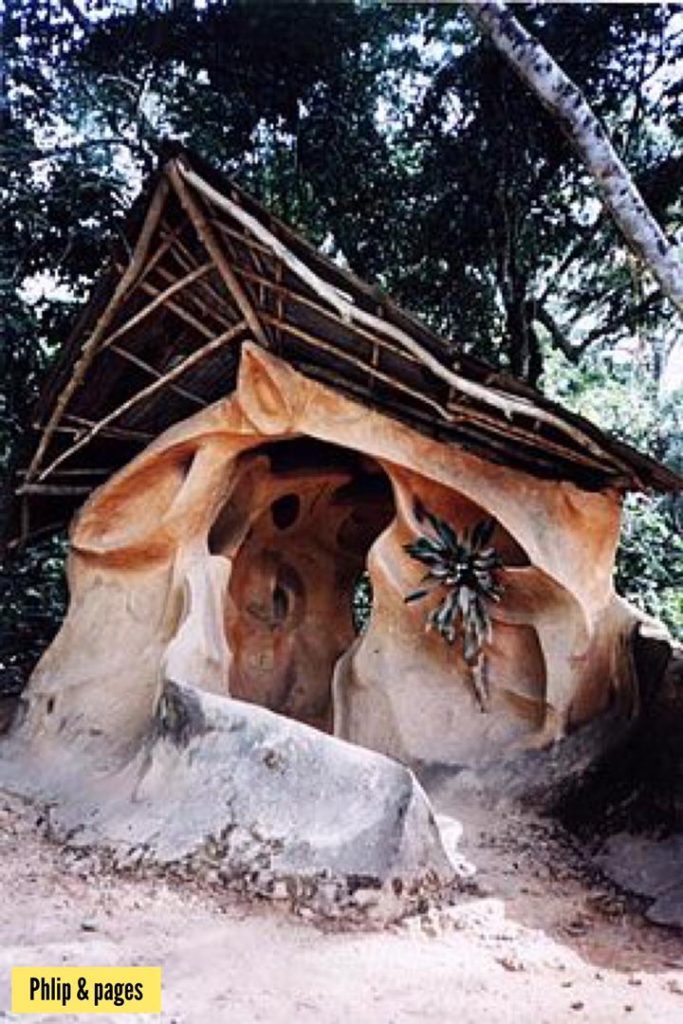
In conclusion: Cultural festivals are an essential part of Nigerian culture – they offer a glimpse into the diverse customs & traditions that make up this country. Through these events, we can celebrate our shared heritage while promoting unity amongst different communities found within Nigeria’s multiethnic society-creating opportunities for economic growth whilst also fostering social cohesion across various groups living here today.


